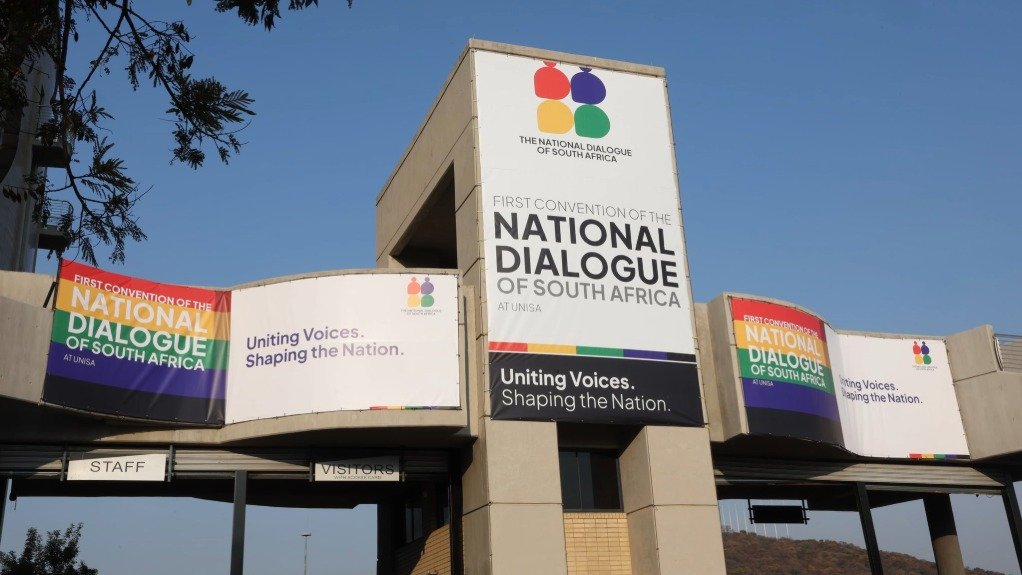Leaders of cultural communities are invited to join a collaborative initiative to share perspectives on the core challenges facing their respective communities and possible solutions to address these challenges, which will be documented and presented during the National Dialogue.
Working group, the Cultural Communities Collaborative Initiative, has been established to compile the input document for approval by the community leaders and to manage the process of formalising the collaborative initiative.
The initiative follows recent engagements by leaders on the possibility of collaborating on the National Dialogue.
Last month, the Government of National Unity held the first sitting of the National Dialogue agenda-setting National Convention in Pretoria.
Cultural Communities Collaborative Initiative working group co-chairperson Barend Uys said that for dialogue to be “truly” meaningful, citizens’ differing ideological frameworks must be recognised and included.
“…it is essential that substantial room be created for the recognition of the diversity of cultural and other communities that form the bedrock of our society and that they should play a substantive role in determining their future and have a say in matters that affect them,” he said.
The issues, he added, should be the focus of efforts to ensure a peaceful and prosperous future for South African communities and the focus of the National Dialogue process,” he said.
Uys explained that the work of the initiative would extend beyond the National Dialogue, saying that South Africa did not consist of individuals and the State alone.
“Leaders and organisations that place tradition, heritage, language, cultural identity and cultural community at the centre of their understanding of and approach to society must also be granted recognition and a place alongside those who place the individual or the State at the centre of their ideological framework,” he explained.
Cultural Communities Collaborative Initiative working group co-chairperson Nkosi Langa Mavuso stated the collaborative initiative was sending out a “strong message” that cultural communities and their leaders, were taking the responsibility and initiative by engaging one another for the benefit and peaceful coexistence of current and future generations.
EMAIL THIS ARTICLE SAVE THIS ARTICLE ARTICLE ENQUIRY FEEDBACK
To subscribe email subscriptions@creamermedia.co.za or click here
To advertise email advertising@creamermedia.co.za or click here











